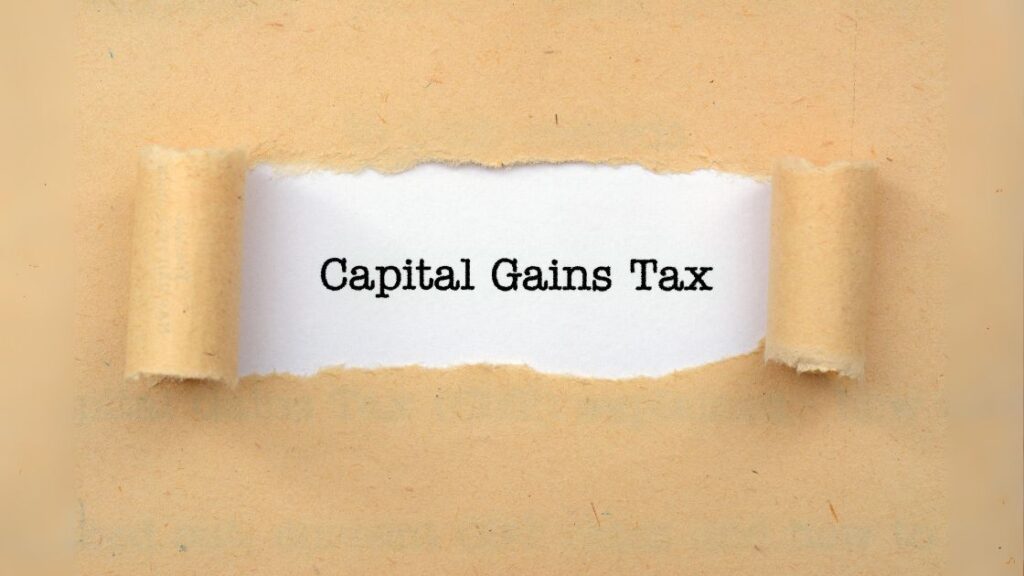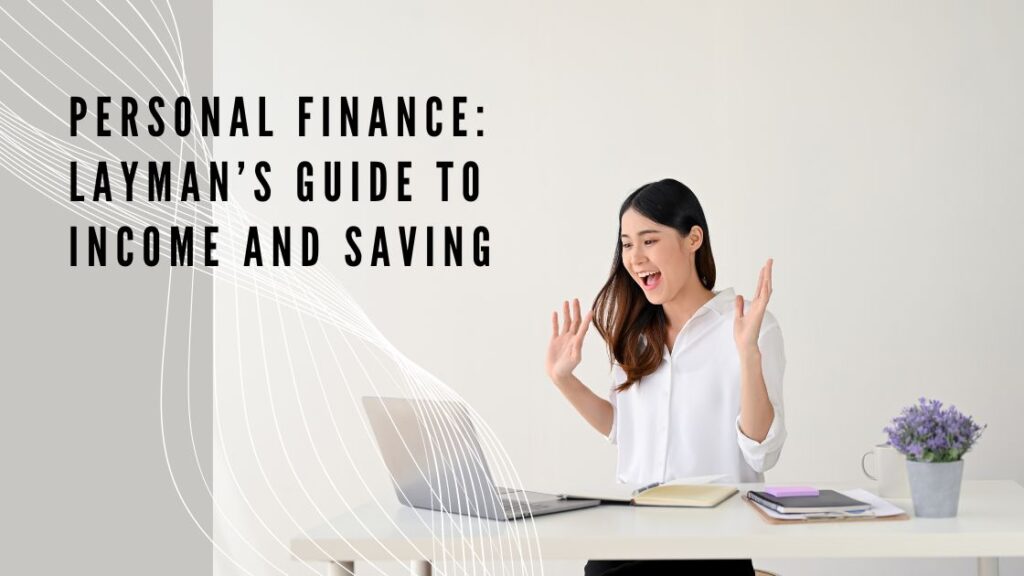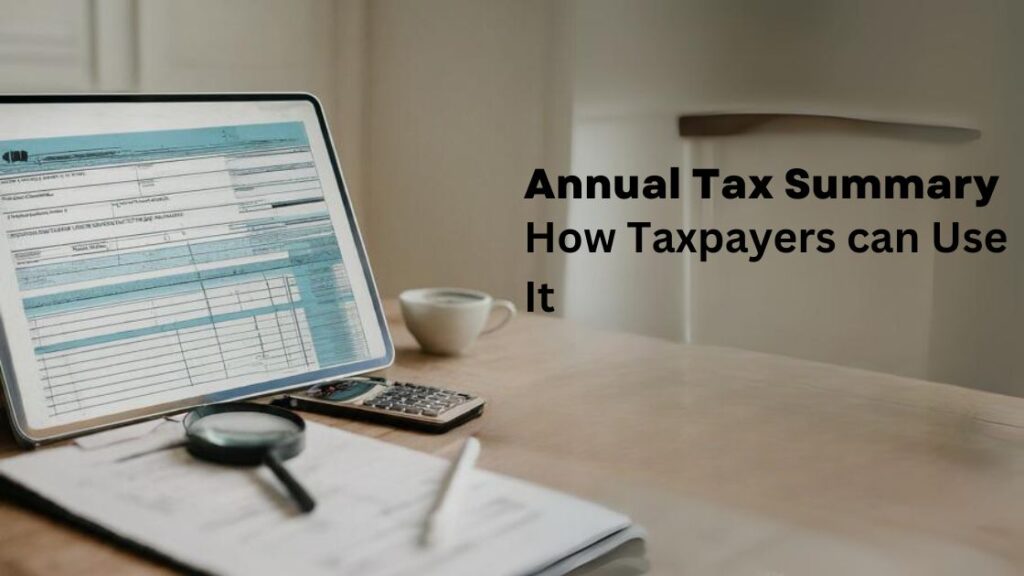The purpose of trust is to manage assets such as money, investments, land, and buildings; some common reasons for trusts being set up include controlling family assets, passing on assets to a beneficiary while you are alive or deceased, and having control over family assets. Trusts are characterized by the settlor (the individual who places the assets on trust), the trustee (the individual who manages the trust), and the beneficiary (the individual who receives benefits from the trust). Trust deeds are drafted by the settlor and specify how assets in a trust should be used. Trustees manage trusts and deal with trust assets daily as per trust deed. Beneficiaries can be one or more and they may receive income from the trust, capital from the trust, or both.
There are different types of trust, and you pay tax differently for each one of them.
Bare Trust
In this trust, assets are kept under trustee and handed over to beneficiary once they reach the age threshold (18 years in England or Wales, and16 years in Scotland).
Beneficiary is responsible for paying tax on the income received.
No Capital Gains Tax if assets are transferred to the beneficiary.
No Inheritance Tax if the person who has transferred the assets lives for 7 years after the transfer. However, if the person dies before 7 years, then extra 20% inheritance tax must be paid.
Discretionary trusts
In this trust, Trustee can make utilisation decisions on trust income and capital income. Referencing to trust deed, trustee can make decision on what gets paid out, which beneficiary to receive payment, frequency of payment, and special condition to impose on beneficiary.
Trustees pay tax and they do not qualify for dividend allowance, hence pay tax on all the dividend income.
Tax-Rate that trustee pays:
| Income | Dividend tax rate | Tax rate on Rest of the income |
| First £1,000 | 8.75% | 20% |
| Above £1,000 | 39.35 | 45% |
When the Settlor has more than one trust, the £1,000 will be divided by the number of trusts the Settlor has. If the number of trusts exceeds five, then the £200 income will be taxed at 20%.
Interest in possession trusts
In this, trustee must pass all the income from trust to the beneficiary.
Tax-Rate that trustee pays:
| Income | Dividend tax rate | Tax rate on Rest of the income |
| First £1,000 | 8.75% | 20% |
If trustee passes income directly to the beneficiary, then beneficiary should file self-assessment tax return on the income received.
Capital Gains Tax:
No Capital Gains tax if someone dies and assets are transferred to someone else.
Inheritance Tax:
Beneficiary must pay 10-yearly Inheritance tax on the assets transferred after 22 March 2006. However, if you have inherited the asset after someone died, then no 10-year anniversary inheritance tax. But a 40% tax will be applicable when you die.
No inheritance tax if the assets stay in the trust in the interest of beneficiary.
Accumulation trusts
In this, trustees can accumulate income within the trust and add it to the trust’s capital.
Trustees pay tax and they do not qualify for dividend allowance, hence pay tax on all the dividend income.
Tax-Rate that trustee pays:
| Income | Dividend tax rate | Tax rate on Rest of the income |
| First £1,000 | 8.75% | 20% |
| Above £1,000 | 39.35 | 45% |
Settlor-interested trusts
In this trust, the settlor retains an interest in the trust assets or income, directly or indirectly. Settlor or their spouse or civil partner benefits from this trust. The trust can be Discretionary trusts, Accumulation trusts, or Interest in possession trusts.
Settlor is responsible for declaring and paying the income tax as the income generated by the settlor-interested trust is considered as the income of settlor.
How tax is paid:
Trustee pays the income tax on the trust income by filing out a Trust and Estate return. They give Settlor the statement of the tax files. Settlor tells HMRC about the tax the trustees have paid on their behalf on a Self-Assessment tax return.
Non-resident trusts
In Non-resident trust, Trustees are not UK resident for tax purposes.
A non-resident trust is one,
- that has trustees who are all resident outside the UK, or
- where there’s a mix of resident and non-resident trustees acting at the same time, and the settlor was neither resident in the UK nor domiciled in the UK, when the trust was set up or any later funds were added.
Domicile refers to the country that a person treats as their permanent home.
To set up a non-resident trust in the UK, you need to register the trust, to make sure the trust complies with anti-money laundering regulations. When the trust has liable UK income or UK assets, you will need to register the trust either as an
- agent registering a client trust, or
- trustee.
How does non-resident trust taxed?
Tax rules on a non-resident trust depends on the type of trust, if settlor has interest in trust, and resident status of settlor or beneficiaries.
Income Tax:
| Trust Type | Tax- Compliance | ||
| Income | Dividend Income | Interest Income from investments | |
| Interest in possession trusts | 20% | 8.75% | |
| Discretionary trusts |
|
39.35% on income from stocks and shares | 45%, if there is a beneficiary or potential beneficiary who is a UK tax resident. |
| Accumulation trusts |
|
39.35% on income from stocks and shares | 45%, if there is a beneficiary or potential beneficiary who is a UK tax resident. |
Capital Gains Tax:
You need to pay Capital Gain tax if the value of the assets has increased from the time they were invested in the trust and are sold, given away or exchanged. A settlor or the beneficiaries may have to pay tax on the profits made by the non-resident trustees. If non-resident trustee disposes a UK property or land, then they are liable to Capital gains Tax.
Inheritance Tax:
Trustees of non-resident trusts will only have to pay tax on assets situated outside the UK, if the settlor was domiciled in the UK when the assets were put into the trust. Inheritance tax may be due when:
- assets are put into the trust,
- the trust reaches a ten-year anniversary, or
- assets are taken out of the trust or the trust ceases.
Mixed trusts
Combination of trust types.
How to register a trust?
You should register a trust if the trust has a liable UK income or UK assets. The process to register a trust as an agent or a trustee is same.
- Fill out the registration form at HMRC website, providing details of non-resident trust, its trustees, beneficiaries, and activities in the UK. Details like trust’s legal name, address, tax identification number (if applicable), and the names and contact information of trustees and beneficiaries.
- Submit supporting documents like trust deeds, identification documents for trustees.
- Pay the required fees and submit the registration form and wait for the registration confirmation.
- After registration, you will get a Unique Taxpayer Reference, which will be needed to file self-assessment tax return.
- Ensure ongoing compliance with all legal and regulatory requirements applicable to agents and trusts operating in the UK.
When should you not register a trust?
Individuals may choose to not to register a trust if the trust assets are minimal involving no legal tax implications. This could be possible for a trust that is:
- Arranged informally and involves only the family members or close relatives.
- A revocable trust, where the settlor has the right to modify or revoke the trust arrangement.
- Discretionary trusts that do not generate taxable income or have minimal assets.
- Trusts established solely for the purpose of holding and managing specific assets, such as property or investments.
- Low risk of disputes or conflicts among beneficiaries, trustees, or other parties.
What will happen if you fail to register a trust?
If the trust is non-complaint with the UK laws, then it could face legal consequences such as:
- Challenges to the trust’s validity or enforceability.
- Penalties or fines imposed by HMRC.
- Loss of registered trust benefits like tax reliefs, exemptions, or preferential treatment.
- Non availability of financial institutions like opening a bank account.
- Regulatory scrutiny or investigation by authorities.
When do you pay Capital Gains Tax (CGT)?
Capital Gains tax is tax on the profit when an asset that’s increased in value is taken out of or put into a trust. If the asset is put in a trust, then CGT is paid by the settlor transferring the asset or person selling the asset. If assets are taken out, then trustee pays the tax on behalf of the beneficiary.
Based on the eligibility, trustee can claim for below reliefs:
- Private Residence Relief: No CGT if trustee sells a trust owned property.
- Business Asset Disposal Relief: 10% CGT on qualifying gains if they sell assets used in a beneficiary’s business, which has now ended. If beneficiary has 5% shares and voting rights, then they may get relief when they sell shares.
- Hold-Over Relief: No CGT if transfer assets to beneficiaries.
Tax free allowance: £3,000.
For vulnerable beneficiary (disable or a child whose parents died), tax free allowance: £6,000.
When do you pay Inheritance Tax?
Inheritance tax is applicable on the person estate when they die or transfer some of their estate into a trust even when they are alive, or the trust reaches the 10-year anniversary, or assets are transferred out of a trust.
Tax on Inheritance tax: 40% above the threshold (£325,000), or 36% if person leaves 10% of the estate to charity.

















